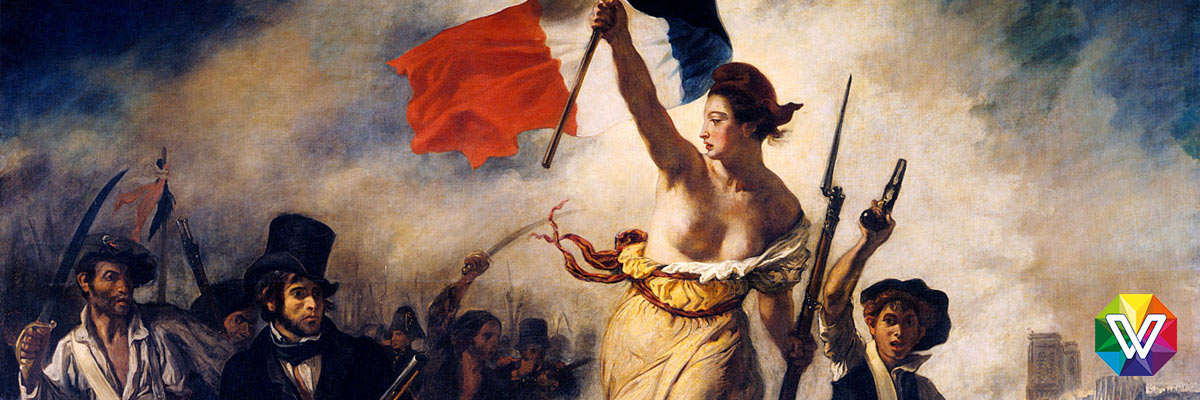Doctor of Philosophy (PhD) in the Concept of the Nation
Introduction
- How can one define a “nation”?
- What are the relevant criteria?
- Is it a question of ethnicity, common descent, linguistic, cultural or religious ties?
Religion by itself does not seem able to keep a nation united, as in the case of East and West Pakistan: the only common factor between the two wings of the country, which was created in 1947, was that the majority of the people were Muslims. However, in 1971 East Pakistan seceded from the united country and became a separate nation, Bangladesh.
Several nations, especially in Asia and Africa, were born when colonial states literally designed the modern frontiers, a concept sometimes extraneous to local cultures. How is the problem of the birth and development of the most recent nations vis-à-vis their colonial past being dealt with? How much of the colonial cultural and political heritage is still present or was it rejected with the new independent state?
What should the relationship be between State and Church/Religion? Should there be “a free Church in a free State” as the Italian politician Cavour suggested? Is it potentially dangerous when
religious and political power fuse?
Can there be a clash between loyalty to a region or to a nation? What is the difference between a nation and a state? Is the nation an anachronism? Is it simply a historical evolutionary phase in the ascending scale from individual or regional selfishness to patriotism and finally a universal perspective? Are we living in a global village in which it is only on a global scale that environmental issues can be successfully dealt with?
Is it right to export pollution (e. g. acid rain) to other countries? Can a nation simply do what it wants, in environmental terms, within its own borders? Is Brazil justified in depleting the Amazon
rain forests? France, for example, has sited quite a few of its nuclear power stations close to the frontier with Italy. The EU is an interesting example of an attempt to achieve a quasi-continental degree of unity. However, the present European Union seems to be very far from the vision and ideals of its founding fathers. Faced with a huge influx of immigrants, the European nations, particularly the former Warsaw Pact countries, are taking a selfish, parochial stand and forgetting about supranational solidarity. Will the EU survive and in what form
Is there a difference between patriotism and nationalism? It has been said that a patriot loves his country, while a nationalist hates everyone else’s. Is that a fair distinction? To what extent does a nation/state have the right to interfere in the life of the individual? The modules in this program consider some of the themes referred to above.
Key Info
Duration:
3 Years minimum ^
Credits:
160 ECTS credits
Fees:
€18,000 *
Start:
Monthly
Prerequisites:
Master’s degree; or equivalent.

To do the PhD in Concept of the Nation, students are required to have a BA and a relevant MA dealing, for example, with history, political science, culture and civilization. Each application will be considered on its own individual merit.
The modules given below should be regarded as guidelines, since the University does not exclude viable alternative themes proposed by students, subject to mentor and University approval. Individual modules may either be combined with those from other programmes, or transferred to courses in other institutions.
The Warnborough College Doctor of Philosophy (PhD) in the Concept of the Nation is offered by distance learning, and is divided into 10 modules:
Students should select six of the listed modules (20 ECTS credits each), and submit six papers (of between 7,000 to 8,000 words each). Students do have the option of suggesting other acceptable
topics, subject to the approval of the mentor and the University.
Students must submit a final dissertation (of between 20,000 to 25,000 words, worth 40 ECTS credits), on any topic, subject to the mentor’s approval.
- How does one define a “nation”?
- The History of the Concept of the Nation
- Is the nation an anachronism?
- What are the alternatives?
- Is there a very gradual evolutionary trend towards world unity?
- The Global Village
- Environmental Concerns
- The EU: an attempt to achieve quasi-continental political union
- Is there a legitimate distinction between patriotism and nationalism?
- Colonial and Post-Colonial Influences on Third World Nations
- The Relationship between State and Church/Religion
- A Clash between Regional and National Loyalties?
- An Individual’s Rights and the Authority of the Nation/State
Dissertation
Of between 20,000 to 25,000 words, on any topic, subject to the mentor’s approval.
Program Director: Dr Noor Giovanni Mazhar.
Dr. Mazhar’s degree in Italian (B.A., London) was followed by an M.Phil.(London) on Giacomo Zanella: his poetica, poetry and historical significance. His Ph.D. (Liverpool) on the “Catholic Attitudes to Evolution in Nineteenth-Century Italian Literature” was published, in Venice, by the Veneto Institute of Sciences, Letters and Arts. His research interests include: literary criticism, Science-Faith issues, the History of Ideas in a literary context and the role of literature in relation to society, science, philosophy and theology.
Student Testimonial
Dr. Mazhar is a great mentor and programme director at Warnborough College Ireland. I have the privilege to work with him and it is inspiring his level of involvement and professionalism with regard to students. He is a remarkable programme Director that really helps students to achieve new levels of success. I offer the highest recommendation to Dr. Mazhar. (Elena Soriano-Munoz, Technical VA and E-Learning)
* Fees:
Fees refer to tuition only. It does not include ancillary expenses such as required materials (see above), textbooks, internet connections, postage, telephone calls, insurance and printing. More…
^ Duration:
Depending upon exemptions, performance and the workload, it may take more or less time. Accreditation for Prior Learning or Experience (APEL) can reduce time and fees.
